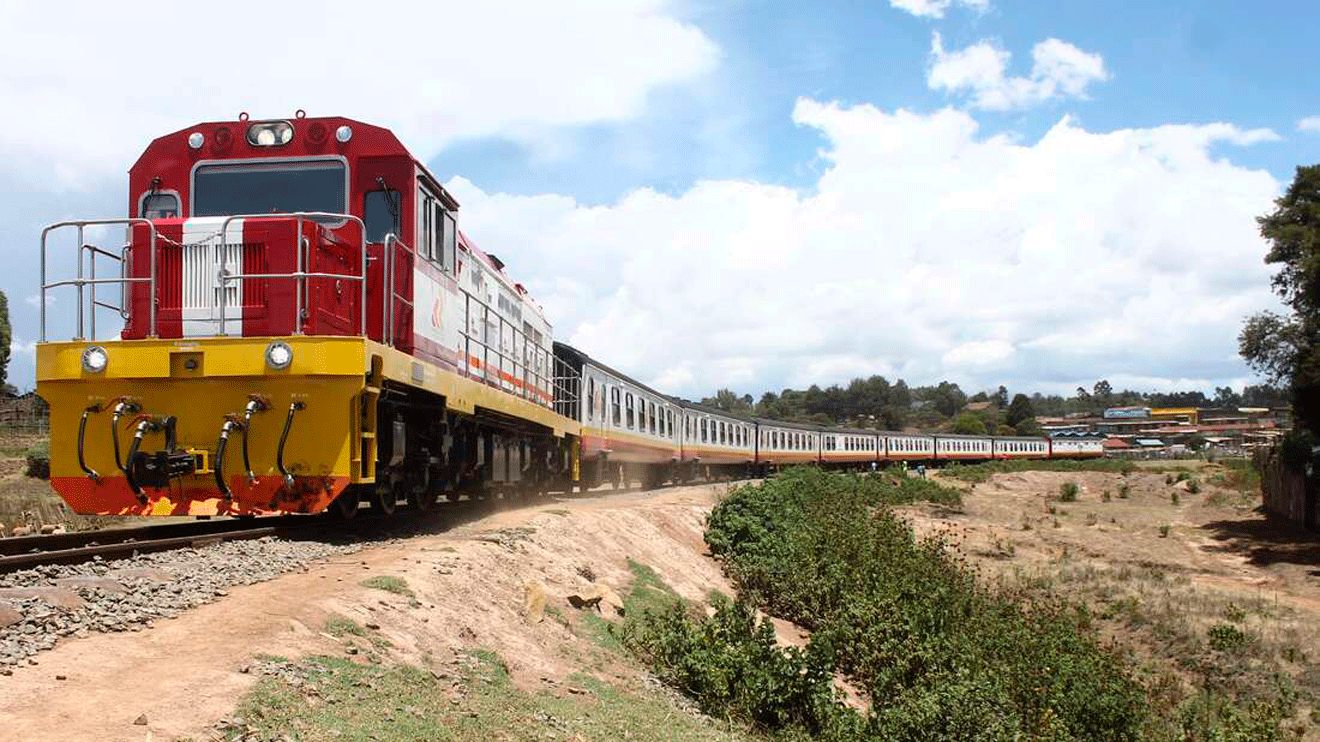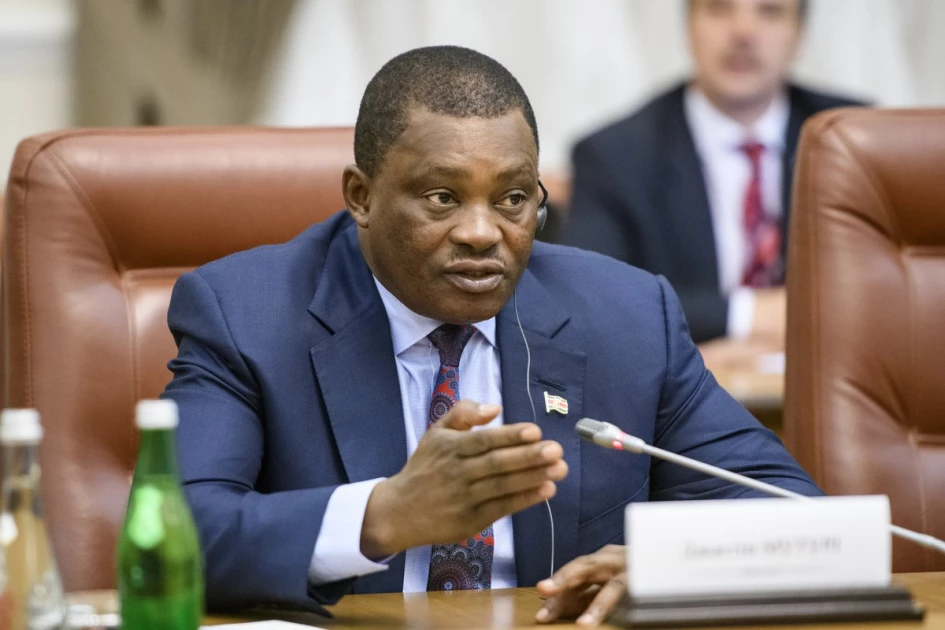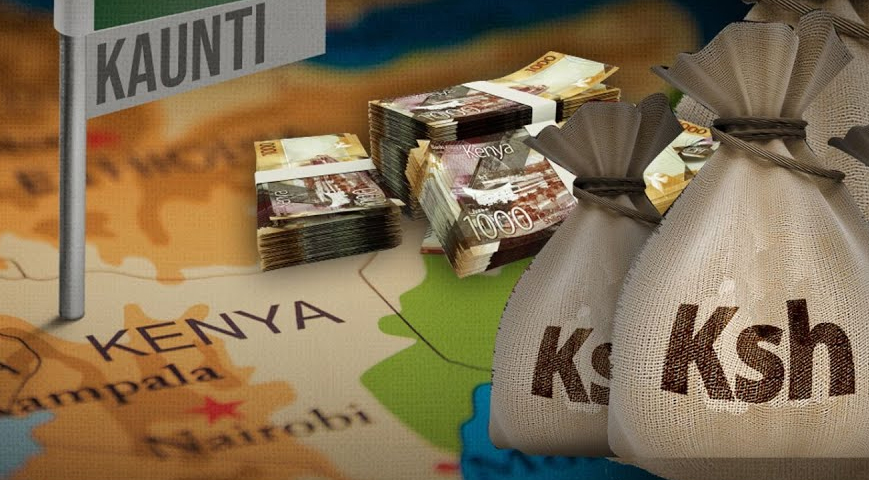Leading a defense team against a $2 billion (Ksh.289 billion) lawsuit accusing Kenya and Uganda of breaching a contract about the building and operation of a railway line connecting the two nations is Attorney General Justin Muturi, who is currently in London.
The case started when the governments of Kenya and Uganda were sued by KU Railway Holdings Ltd (KURH, formerly the Sheltam Rail Company (PTY)) and Rift Valley Railways (RVR) Investments (RVRI) Ltd in arbitral proceedings at the London Court of Arbitration.
According to case files, the two governments signed several contracts with different businesses between 2006 and 2011 to develop and operate a railroad that would carry cargo and passengers.

The 1,660-kilometer railroad was planned to connect Mombasa with the town of Kasese in western Uganda by passing through Nairobi, Nakuru, Eldoret, Malaba, Jinja, and Kampala.
Did you read this?
Kenya Railway Corporation (KRC) and Uganda Railway Corporation (URC) inked the concession documents, agreeing to give RVR 11.1 percent of gross revenue during the concession period in exchange for the two organizations transferring their railway assets.
The concession was set to go into effect right away and last for five years for passenger services and 25 years for freight services.
"Soon after the commencement of the Concession, RVR failed to secure financing from its lenders which resulted in various breaches of the obligations under the Concession Agreements," the suit reads.
Then, between 2008 and 2011, Kenya and RVR, which oversees the railways in Kenya and Uganda, negotiated and restructured the concession agreement to give new lenders revised deadlines for meeting freight volume targets and payment schedules for the unpaid concession fees.

The plaintiffs contend that RVR's failure to fulfill its contractual obligations, which included failing to meet the investment requirements under the concession agreements, failing to meet the freight volume, and failing to pay concession fees to KRC, continued to occur even after the restructuring. As a result, a notice of default was issued in 2008, 2013, and 2017.
KRC announced its intention to end the concession in 2017 due to unpaid concession fees, insufficient investment, and the concession's inability to reach the agreed-upon freight volume target.
According to the case files, GOK then sent out a notice of termination scheduled to go into effect on June 30, 2017.
After requesting the intervention of the courts, RVR was given a temporary injunction with the requirement that it pay Ksh. Fifty million by July 31, 2017. It violated the provision, and on July 31, 2017, it carried out a consent order ending the concession.









